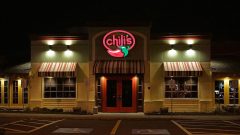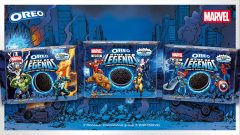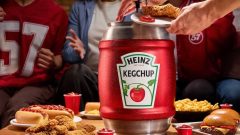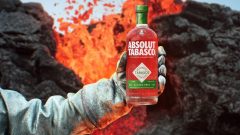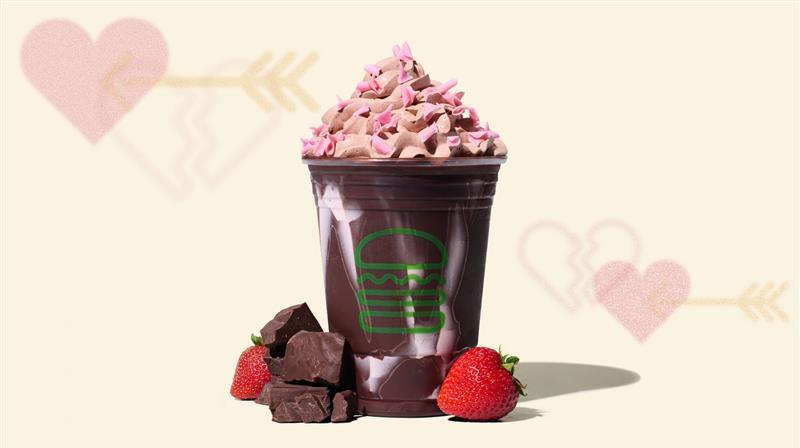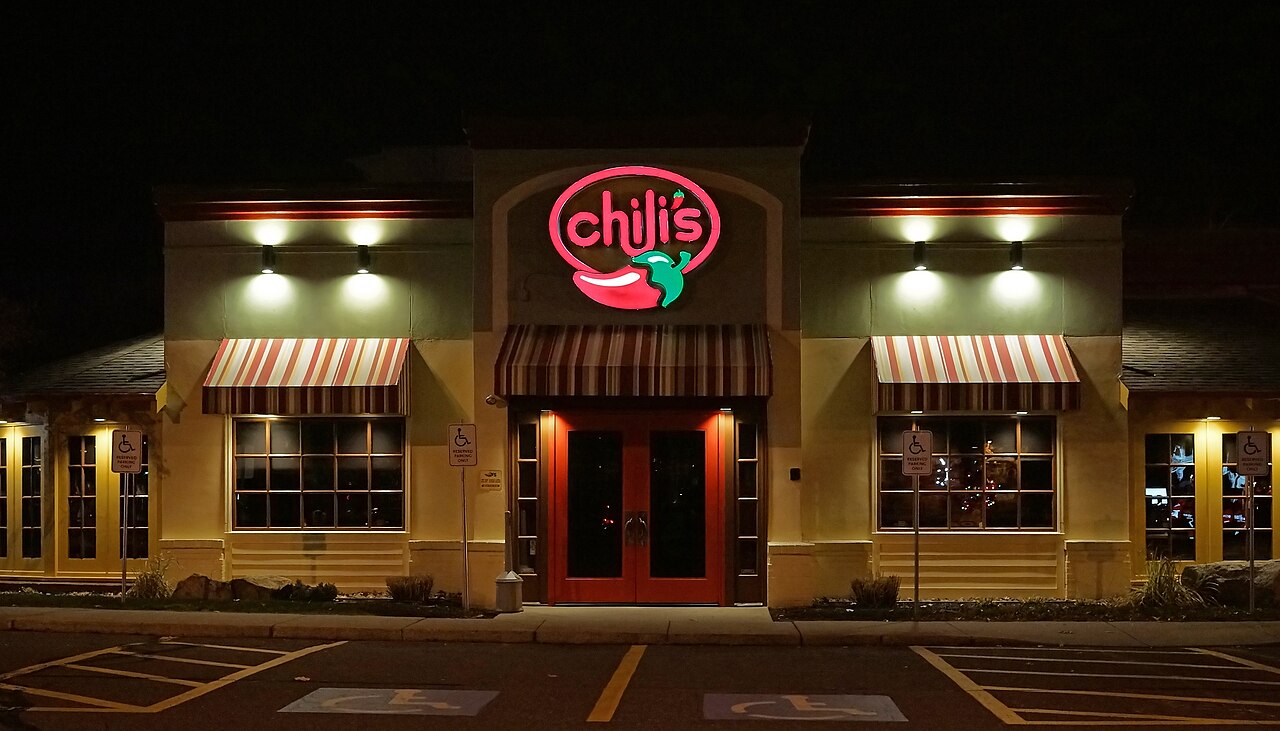Panera’s Charged Lemonade Accused Of Causing Another Death

Panera Bread’s caffeine-loaded Charged Lemonade is being accused of causing the death of a man. Per a lawsuit filed against the restaurant chain, a Florida-based man named Dennis Brown consumed not one, but three Charged Lemonades on October 9, resulting in a fatal cardiac arrest during his drive home.
It’s important to note that Brown was 46-years-old and had an unspecified chromosomal deficiency disorder, a developmental delay, and a mild intellectual disability. Moreover, he had high blood pressure, and apparently, never consumed energy drinks. According to the legal complaint, he lived alone, yet was a frequent patron of Panera, especially after finishing his shift at a nearby supermarket.
Brown’s mother, sister, and brother are behind the lawsuit, which was filed two months after Panera received a lawsuit after an Ivy league student named Sarah Katz, who also had a heart condition, died from drinking a Charged Lemonade in September 2022.

The lawsuit was first reported by NBC News and describes the beverage as a “dangerous energy drink” and asserts that Panera has failed to effectively warn customers about the ingredients, one of which is a stimulant named guarana extract. According to WebMD, an average dose of guarana extract’s caffeine may cause insomnia, nervousness, stomach irritation, vomiting, and other side effects.
Charged Lemonade is currently advertised as “Naturally flavored and plant-based. Contains caffeine.” On the website, the amount ranges from 150mg to 237mg. A large-sized Charged Lemonade contains more caffeine than a standard-sized Red Bull and Monster energy drink combined. To be clear, the FDA recommends no more than 400 milligrams of caffeine per day.
The lawsuit claims that Brown had been drinking Charged Lemonades in the days preceding his passing. Not included in the lawsuit, is whether or not Brown was aware of how much caffeine and stimulants the beverage contained. At the time of his death, Charged Lemonades were available from self-serve dispensers directly next to Panera’s non-caffeinated and/or less caffeinated drinks.
According to the death certificate provided to NBC News by Elizabeth Crawford, a partner at the Philadelphia-based law firm Kline & Specter, and representation for both Brown’s and Katz’s family, hypertensive disease caused Brown to go into cardiac arrest. In response, Panera expressed “our deep sympathy for Mr. Brown’s family” while underscoring that it stands by the safety of its products.
“Based on our investigation we believe his unfortunate passing was not caused by one of the company’s products,” it said in a statement. “We view this lawsuit, which was filed by the same law firm as a previous claim, to be equally without merit. Panera stands firmly by the safety of our products.”
Since then, Panera has attempted to be more transparent by instituting detailed information regarding its Charged Lemonades, along with adding a warning to its website for customers that suggests moderate consumption and states that it is not recommended for children, those sensitive to caffeine, or pregnant women.





